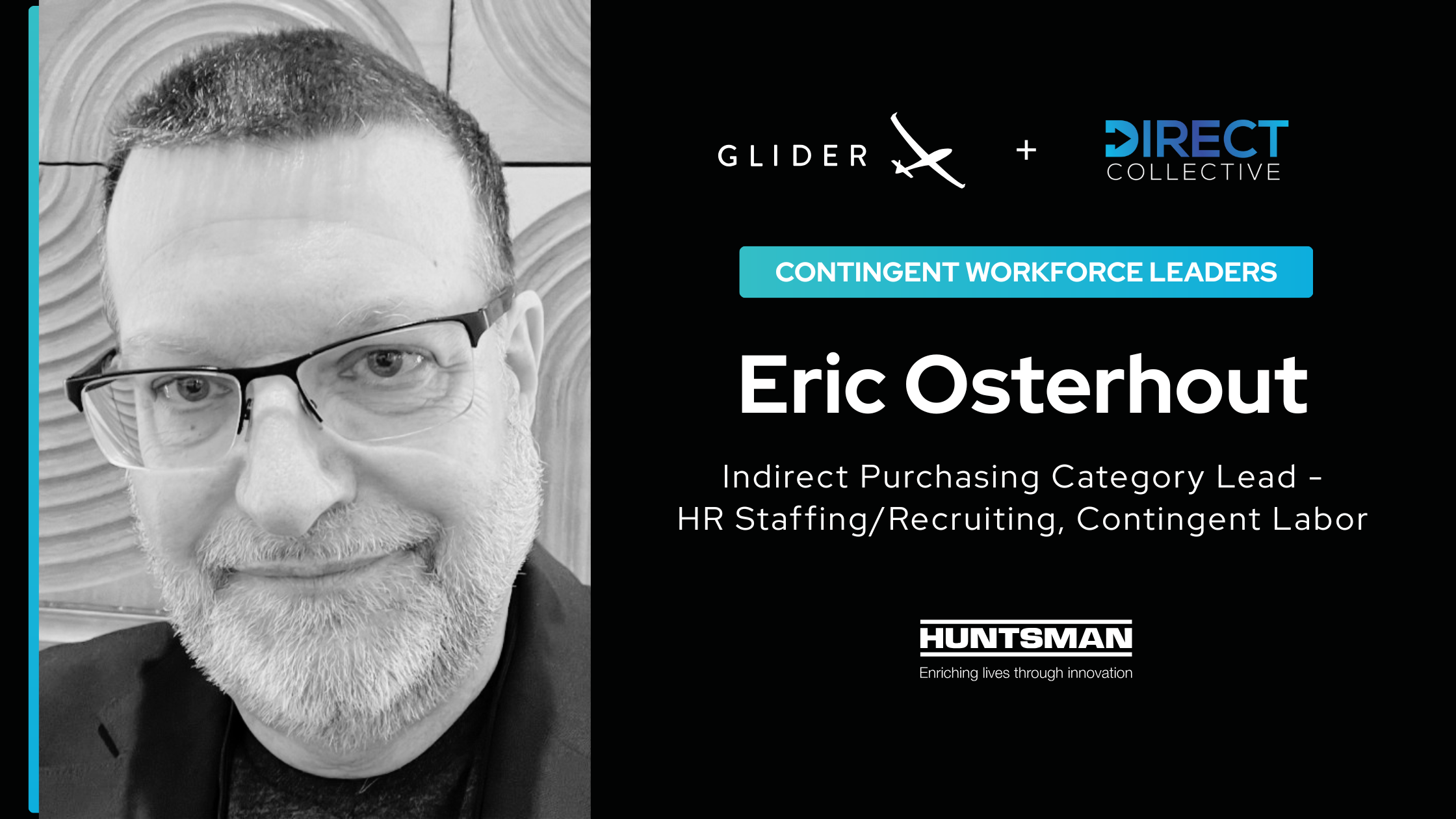
Make talent quality your leading analytic with skills-based hiring solution.

Let’s start on an honest note – gunning for tech positions has never been easy. The peer pressure, hermetic lingo, and engineer stereotypes have already discouraged many fresh talents from applying, especially driving away gifted individuals without academic credentials. And when they do apply and ace the interview, most of them end up paralyzed by the imposter syndrome. Meanwhile, both leading and aspiring tech companies are running short of employable talent. Recruiting engineers has never seemed more exhausting, with employers wasting valuable time and resources on firing blanks. But HR is trying new things, and the tech world is becoming more inclusive. Here’s how (and why) to embrace this change.

In between the USA and India – which have long been the largest fishing pools for tech employers everywhere – engineering jobs are steadily shrinking. While the largest Indian IT firms continue with massive layoffs, Indian engineers across the United States are concerned about recent comprehensive reviews of the H-1B visa program, specialized for issuing American papers to Indian employees. The president’s call „to buy American and hire American“ will certainly cause further disruptions and compel HR experts from this sector to once again reinvent the hiring process. On both sides of the pond, the demand for Indian engineers is currently very low.
A couple of years ago, somebody has calculated the average time needed for hiring a new team of engineers. For only 12 of them, as the math goes, a company needs around 990 hours, which is somewhere near to 19 hours a week. This is loads of money and energy for titans and startups alike. The obvious solution is either a professional recruiter or a better approach. Should a company go with a better approach, it would need a thorough restructuring of its hiring practices. This would include calculating the number of full-time recruiters needed for meeting the hiring goals, establishing a strong referral program, hiring for attitude, and inspiring people to apply.
A great recruiter can save a company some trouble, but employers are still choosing to keep it in the family. Referral programs make a wise approach to the hiring problem, especially for companies without name recognition. As a matter of fact, 40 to 60 percent of all hires should come from referrals. And, it’s crystal clear why. Not only are referral programs less expensive, but they also guarantee better onboarding and lower turnover rates. Besides, most software engineers have a strong sense of community and far-reaching peer networks, enabling their employers to go off the beaten path and hire raw, undiscovered talent. But referral programs must be well-organized and structured in order to live up to this guarantee. Instead of waiting for your engineers to recommend you to other great engineers, incentivize them with a referral reward, or even better, start building a culture that values hiring above everything else.

Talent-oriented company cultures boldly defy traditional HR schools by hiring people without any academic credentials. “Hiring for attitude” is already a common practice in companies from all industries and of all sizes, which is a proactive new step towards the hiring process for the digital age. Google’s recruiters have been doing it for a while now, for instance. Their philosophy relies on discovering talent in the most unusual places, accepting them for their talent, and training them for skill. But to recruit engineers like Google does, a company needs a fully objective assessment protocol. That’s exactly what we’re engineering here at Glider. Even when you’re hiring for talent, you need to make sure that candidates can be trained for skill, and we put that process on auto-pilot with real-world engineering simulations, psychometric tests, AI-powered stack ranking, and more. Our auto-scored screening solutions can be used in referral programs as well so that your engineers can recommend candidates to their teams with confidence.
Not all software engineers spend their free time in WoW tournaments. They are not all men, nor are they of a certain race, religion, or social background. Great tech candidates can come from all walks of life, and without any GPA on their CVs. A brilliant one may have just served you coffee this morning. Tech universities are still suffering from elitism, and not every genius got a shot at a degree. So ditch everything you know about software engineers and how they behave like. Always presume that the talent pool is much deeper than you think it is, and encourage your recruiters and employees to seek for employable talent where they least expect to find them. Sure, including that coffee shop.
A better approach to jobs hiring is a two-way street – on one side are referral programs that allow you to recruit engineers from the least likely places, and on the other is the way you approach employable talent. In other words, recommendations mean very little if tech candidates are not inspired to apply. Invite them to show you what they’re capable of, even if they are self-taught. Change your hiring requirements drastically. Gifted candidates should be encouraged to submit a resume without any official credentials, and to show their value by enlisting their practical, real-life experience in engineering projects and tasks. Coach your referrals to ask the same of their candidates. For whatever it’s worth, hiring practices in the tech industry is moving in a much more favourable direction. Much of it we owe to the new-age technology that now allows us to screen candidates for both their attitude and practical skill. The only thing left to do is for the tech world to open its doors.

AI-Powered Total Talent Management for Contingent Worker Success With over a decade of experience managing global contingent worker programs, Natalie Javid brings a wealth of knowledge from her work at tech giants like ServiceNow, Airbnb, and her current role as Head of Global Contingent Workforce at Snowflake. Speaking at ProcureCon 2025, Natalie shared insights on […]

Revolutionizing Future Trends with AI in Contingent Workforce Management The Human Touch in an AI-Driven Industry Eric Osterhout brings almost two decades of experience to the contingent workforce management space, currently serving as a Program Leader and Buyer for Contingent Labour at Huntsman Corp. With 17 years on the buyer side and 10 years previously […]

How AI Will Reshape Contingent Workforce Management by 2030 Meet Chris Farmer – Global Head of Contingent Workforce Strategy As the Global Head of Contingent Workforce Strategy and Strategic Sourcing at Salesforce, Chris Farmer leads one of the most complex and forward-thinking CW programs in the industry. Chris has spent over five years at Salesforce, […]